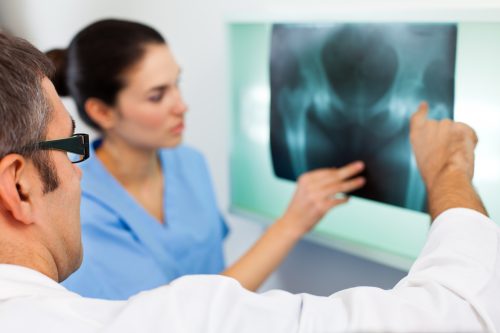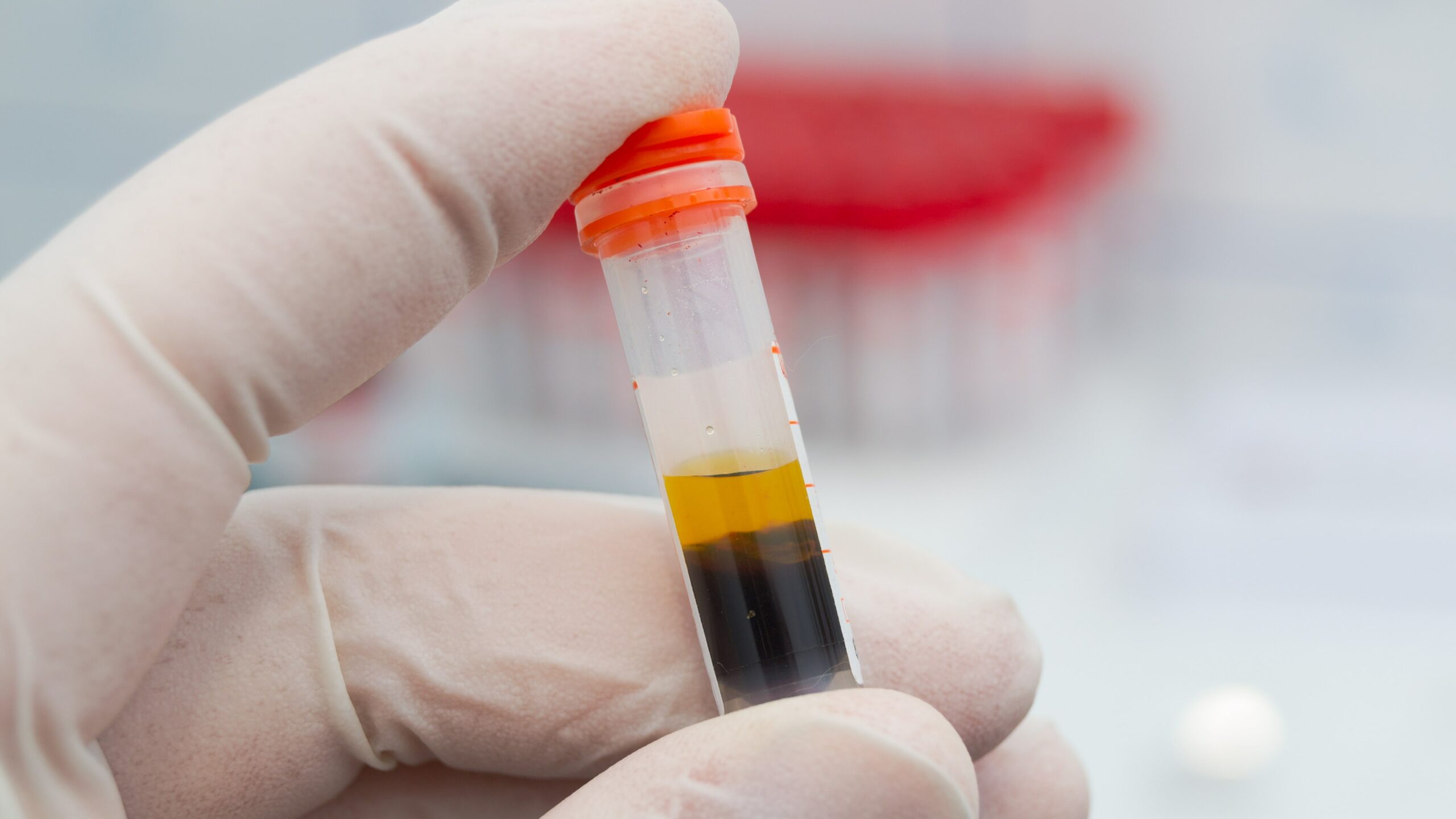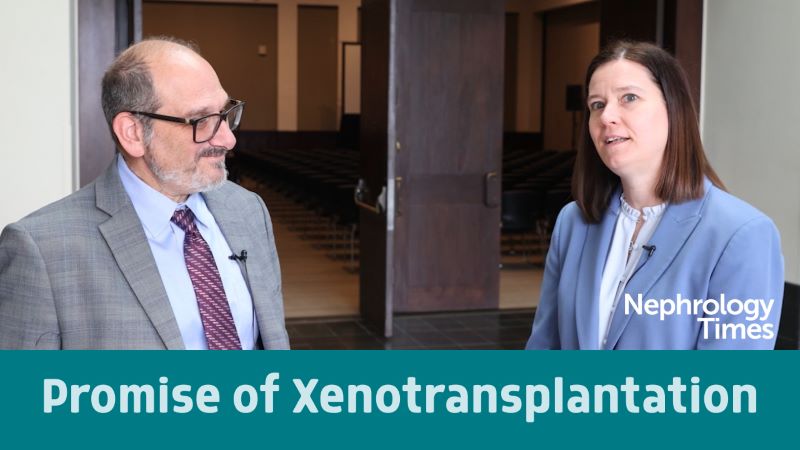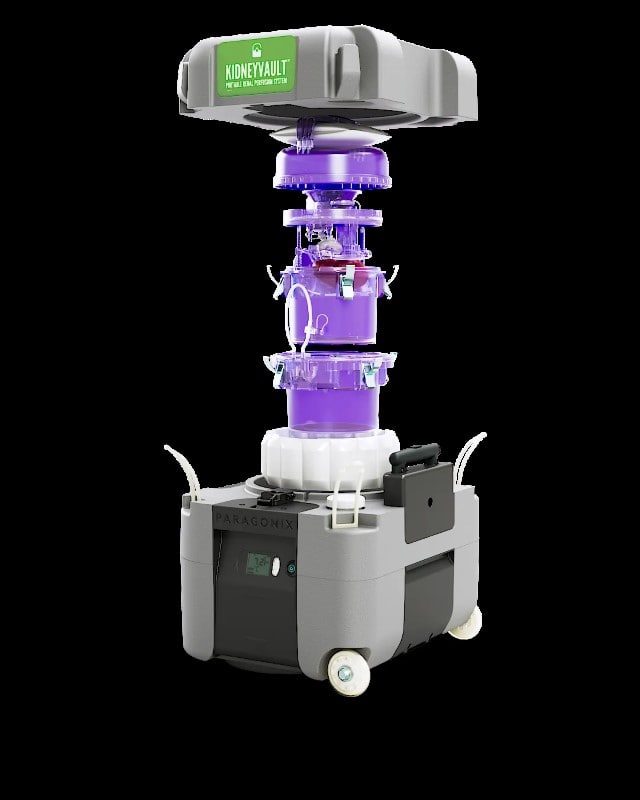
Kidney Transplantation
Part of NephTimes
Advertisement
Zachary Kon, MD, CEO and co-founder of ProCure On-Demand, discussed the company's organ recovery and logistics services.
This discussion of kidney xenotransplantation reviews its recent history, status of trials, and unanswered questions.
Kidney transplant recipients with psoriasis have a higher risk for transplant failure.
The Kidney Transplant Fast Track intervention improved patients' odds of being waitlisted, a trial found.
Kidney transplant candidates and their families often feel responsible but powerless during evaluation, a survey finds.
Gene sequencing of a patient with gouty sacroiliitis and gouty nephropathy highlighted genetic factors leading to gout.
Survival benefits of deceased-donor kidney transplantation decrease when older patients receive lower quality organs.
The race of patients with ADPKD affects waitlist experience, allograft quality, and post-transplant outcomes, a study found.
Chris Klug, Timothy Caulfield, Borys Todurov, and Hongkui Deng will be keynote speakers at the World Transplant Congress.
Researchers assessed the potential association between serum uric acid levels and CV events after kidney transplantation.
Joel Topf spoke to Excellence in Transplantation Award winner Jayme Locke at the National Kidney Foundation SCM25.
Tonix Pharmaceuticals and Makana Therapeutics will collaborate on preclinical xenotransplantation research and development.
Dr. Thomas Pham spoke to us about kidney donation during National Donate Life Month.
Researchers in China announced that they have performed a successful transplant of a gene-edited pig kidney into a patient.
Suphamai Bunnapradist discussed the phase 3 TRANSCEND study of felzartamab to treat late AMR after kidney transplantation.
NOBLE examined the efficacy and safety of pegcetacoplan in kidney transplant recipients with recurrent C3G or IC-MPGN.
Babak Orandi spoke with us about a study showing that GLP-1 drugs have benefits for kidney transplant recipients with T2D.
The American Kidney Fund's Living Donor Report Card found that many US states lack protections for living kidney donors.
Eledon Pharmaceuticals CEO David-Alexandre Gros, MD, spoke about the role of CD40L blocker tegoprubart in transplantation.
The KidneyVault Portable Renal Perfusion System has been used in human kidney transplants for the first time.
Advertisement





















 © 2025 Mashup Media, LLC, a Formedics Property. All Rights Reserved.
© 2025 Mashup Media, LLC, a Formedics Property. All Rights Reserved.